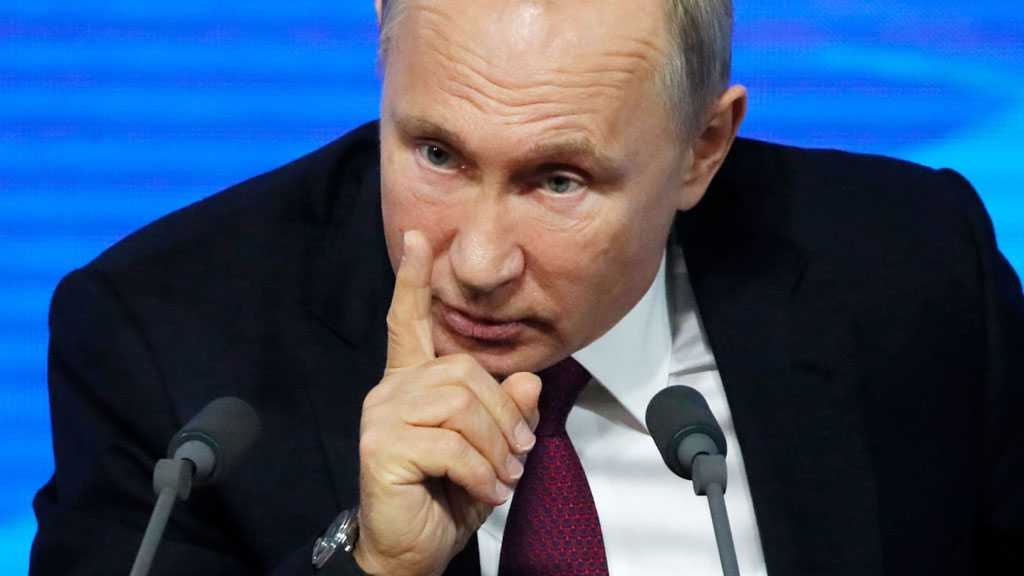
Russia Sues Finland Over Scrapped Nuclear Power Project

By Staff, Agencies
Russian state energy giant Rosatom filed six lawsuits totaling $3 billion against Finnish company Fennovoima over the termination of a contract for the construction of a nuclear power plant on Finland’s Hanhikivi peninsula, Interfax news agency reported on Tuesday, citing Rosatom representatives.
The report came after Fennovoima CEO Joachim Specht told Helsingin Sanomat news outlet on Monday that his company had started arbitration proceedings against Rosatom. The Finnish company is demanding the return of funds allocated for the nuclear power plant project due to delays in construction, for which Fennovoima blames the Russian firm. The Finnish side wants €2 billion in compensation from Rosatom, of which €800 million would cover the advance payment made by Fennovoima to RAOS Project [Rosatom’s Finnish subsidiary], Specht said.
“The information contained in the interview of Mr. Specht that Rosatom has not yet started the legal proceedings are not true. Rosatom has already filed six lawsuits for a total sum of $3 billion,” Rosatom representatives told Interfax. According to earlier statements from Rosatom Director General Aleksey Likhachev, Fennovoima had no grounds for canceling the contract, and Rosatom was ready to apply for international arbitration to recoup the funds it spent on the project so far.
According to Specht, Rosatom warned Fennovoima, of which it holds a 34% stake, about possible delays in the project in early 2022, warning there was a risk of postponing the project for several years.
In early May, the Finnish side unilaterally terminated the contract with Rosatom and later withdrew the license application for construction. Fennovoima said that the project, agreed upon in 2013, had already been delayed for several years, and that the Russian military operation in Ukraine further exacerbated the risks to its successful implementation.
Comments
- Related News

Moscow: Talks with US Unlikely
4 months ago
Russia Warns Its Nationals Against Traveling To US
5 months ago
